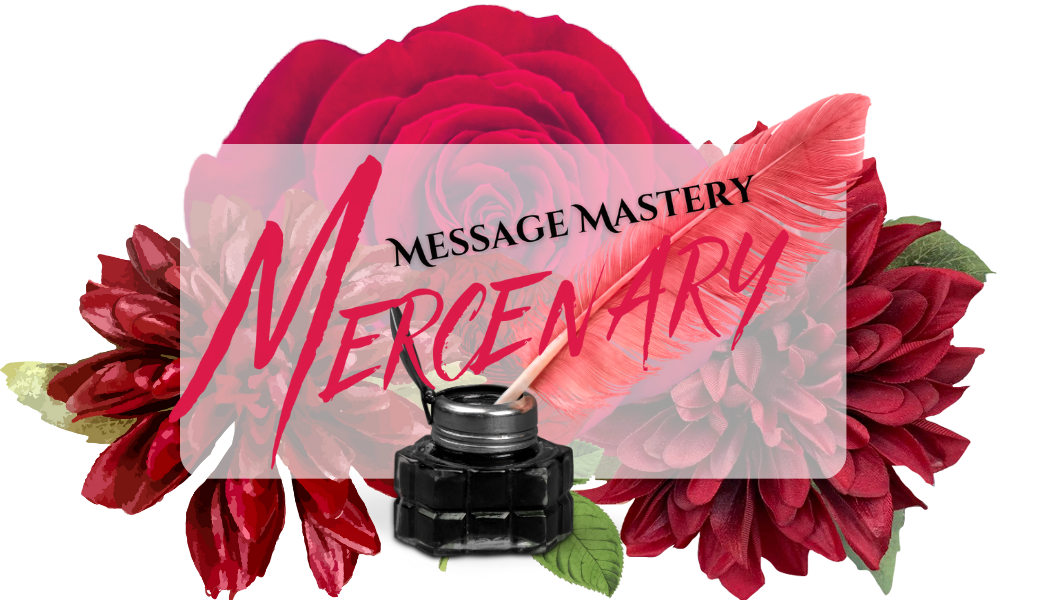
Dear EdTech Company: Teachers don’t want to be force-fed your product. They want to be part of the buying process. Here’s how to get them to advocate on your behalf.
I just spent this past school year irritated, feeling defiant, and frustrated with what I had to sit through all year long.
The school district paid half a million dollars to an EdTech company to come in and show teachers how to “teach” students. This happened without first so much as a plane ticket and a quick visit to one of the schools this company claimed was getting terrific results. I’m not a mathematician by any means, just an English/Civics teacher, but the last time I checked $500 was less than half a million, right?
Now normally the adage “you get what you pay for” applies, but what we got was a redundant, time-wasting, absolute trash of a product (in my humble opinion, of course). Not only was our entire line-up of professional development meetings now snatched away from us and the agenda turned to this training, but our planning periods one day a week for the entire year were also devoted to this mess.
And even THAT would have been fine had what we were learning actually helped us in our classrooms. Had the trainers known what they were talking about and not LITERALLY come into every PD meeting spending most of the time reviewing what they had already reviewed the prior five meetings (I am not exaggerating) then it might have been worth it.
But we weren’t asked for our input before the school district purchased this product. We weren’t asked to share our experiences, what worked and what didn’t work in the classroom. We were “informed” that we would be learning something new and expected to implement it. Not exactly a great incentive for teachers to get behind a cause (which is ironic considering it’s the teachers who are on the front lines of learning).
Here's the thing- I was among the first teachers to be open-minded about this new program. The new year was starting. I was excited to return to school and have always been willing to learn new techniques and implement them. So when the first professional development meeting came around, I was excited and enthusiastic. I immediately printed out all the templates and implemented them in my classroom.
Some of the tactical lessons worked-- at first. However, they were limited in their usage. Soon, as I attended more meetings, I realized they were reviewing more than they were teaching new information. And then it was glaringly obvious that they didn’t really know much about what they were teaching.
It wasn't long before I realized that we, the teachers, were being duped. The company had received its payment and now they were showing up, regurgitating the same information and basically running the clock out.
When I sat down one-on-one with the trainer and asked questions about their program and her company, reasonable questions that she should have known, she had no concrete answers. Instead, she repeatedly stated that she was just here to support the administration and the teachers if we needed help understanding the concepts. She could not point to any published studies where their method of learning was effective. It was all very vague.
Now as an EdTech company, wouldn't you think that you should know your numbers and your product if you were expected to sell it?
This is why teachers who have been around a while are inherently skeptical of new programs. This sort of hunt for the next shiny object happens just about every year. The district will unilaterally decide to purchase a program, often in conjunction with an election cycle where the new superintendent comes in and wants to shake things up. Teachers become the guinea pigs for that implementation. And that’s where you get the resistance. We know this is the next best thing and it will soon be gone. However, we resent being made to jump through hoops, attend worthless trainings, and being pressured into implementing nonsensical techniques in the classroom, especially when we had no say in it from the beginning.
When the teachers don’t cooperate, you don’t get the data you need to be able to leverage testimonials to use when sourcing new customers. So essentially, you’re wasting your time and you’re wasting ours.
Yes, yes, I know. It isn’t “professional” to bad mouth a company in polite company. But that’s part of what I want to shine the light on. This apathy when it comes to following the industry standards. The blah, ordinary, unoriginal ways in which businesses today try to get attention.I guess for this particular EdTech company, it worked. They got paid. But there was such a bitterness about the product that several teachers refused to participate and by the end of this year, the school district decided not to renew the program. So ultimately did it really work? I mean, what if they had actually done a great job? They would have been able to upsell my school district into another year, or possibly a parallel program.
I went from someone willing to support this company to someone who would go out of her way to tell other teachers to avoid it at all costs. How far do you have to actually push someone to turn them from an open mind to a “HECK NO!” in a hurry?
A little customer service and competence goes a long way. Imagine that?
This experience was so bad that it cemented my decision to leave the classroom for good. I returned to my own business full-time as a B2B copywriter/ghostwriter grateful that I did have a wonderful administration who did their best to empathize with us while restraining themselves from what they really wanted to say. They agreed with us, but they couldn’t say as much because they were caught in the middle.
One good thing did come from all of this- I realized that after 19 years in the copywriting profession, I wanted to shift industries and help EdTech companies get it right. I don’t have anything against them. In fact, I believe that a good company can solve problems for teachers and administrators. But it isn’t enough anymore just to snooze by. You have to excite the education audience. You have to make them want to use your products and services almost exclusively. And to do that you have to know who they are and what they want.
Only then will they voluntarily advocate on your behalf, making it no longer a matter of sales, but of word-of-mouth recommendations that teachers, administrators, and school districts happily pass out.
And as we all know, word-of-mouth is still the best marketing system we have.
If you would like to know what it would look like to take your EdTech company’s marketing message to mastery level, reach out to me. We’ll pull up a shady Oak and cop a squat. Let’s talk about it. Email me at craftywriter1@gmail.com.



